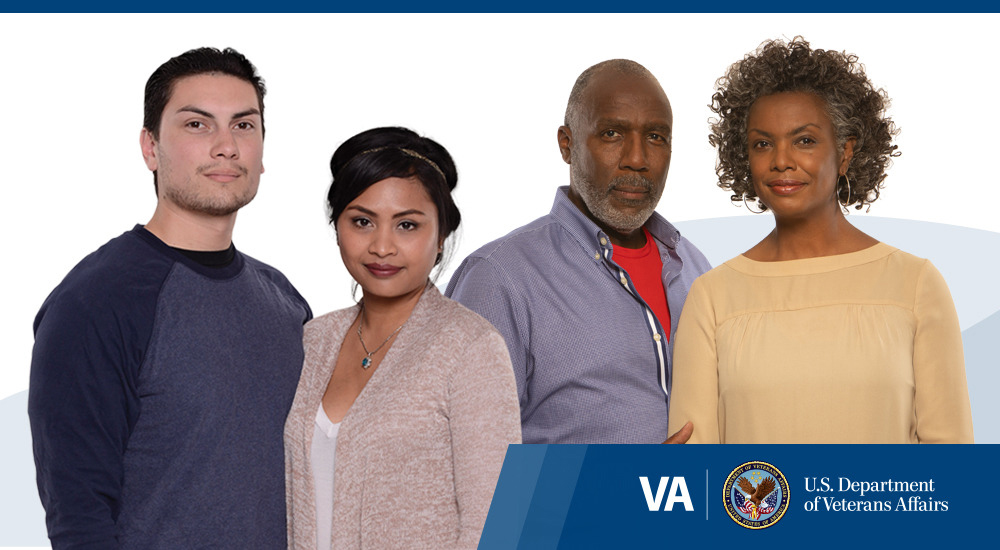Many studies have shown a relationship, at times, between alcohol use and suicidal thoughts and/or suicide attempts.
Sometimes people wonder, “When is alcohol a problem?” Common signs that may suggest further consideration include:
- Drinking more or for longer than you intended.
- Family members or friends voice concerns about your drinking or drinking that interferes with activities.
- Being unable to reduce your drinking or stop drinking entirely.
We are currently experiencing a time marked for many people by higher stress and more difficult life circumstances. Also, relationship separation or problems, financial challenges and general uncertainty. Here are five things you can consider to improve your health:
Take a self-assessment for at-risk alcohol use
Information and resources are available about substance use, including alcohol. If you are worried about your use of alcohol, take an anonymous and confidential self-assessment. Share the results with your health care provider so you can discuss care and treatment options.
Access treatment services
VA offers treatment options for substance use concerns that range from alcohol use impacting your health to life-threatening addictions.
- Start a conversation with your primary care provider about your overall health. Also, discuss how changes in your alcohol use may help your health in different areas, such as sleep and diabetes management.
- Locate a substance use disorder (SUD) program or a local recovery coordinator (LRC) at your VA medical center. Each VA medical center offers SUD programs or treatments and has LRCs who develop recovery-focused programs for Veterans.
- To search for SUD treatment outside of VA, the Substance Abuse and Mental Health Services Administration offers 24/7 free, confidential help with treatment referral and information services for individuals and families facing mental health or substance use disorders. Call 800-662-4357.
Access VA mental health services
Mental health conditions may contribute to use of alcohol and/or other substances. Conditions include depression, posttraumatic stress disorder (PTSD) and military sexual trauma. VA offers mental health services for Veterans. Below are a few resources for accessing mental health services:
- Find the nearest VA medical center to make an appointment and see a health care provider.
- Vet Centers provide combat Veterans and their families with a broad range of counseling, outreach and referral services. These include individual and group counseling for alcohol and drug misuse, PTSD, suicide risk and more. Call 877-WAR-VETS (877-927-8387) to access these free and confidential services.
Think about firearm safety
70% of Veteran deaths by suicide involve a firearm. Use of alcohol or other substances may be a way of coping with distress and in times of crisis. People may act impulsively. Consider additional safe storage practices, such as keeping firearms locked, unloaded and stored separately from ammunition to help create a safer environment. Safe storage also protects all members of the household, including children, from accident and injury. Download and read this brochure on reducing firearm safety risks.
Create a safety plan
Work with your health care provider to create a safety plan to reduce or stop your drinking and continue your journey to recovery. Having a plan in place and sharing it with a loved one can also help guide you through difficult moments and help prevent a crisis.
You are not alone
You are not alone in your path to wellness and recovery. Visit MakeTheConnection.net to view other Veterans’ candid descriptions of life with problems due to alcohol use and what they did to get started on their road to recovery. Make time to seek out the support you need. Call a helpline, join a support group or get individual counseling.
If you or someone you know is having thoughts of suicide, contact the Veterans Crisis Line to receive free, confidential support and crisis intervention available 24 hours a day, 7 days a week, 365 days a year. Call 1-800-273-8255 and press 1, text to 838255 or chat online at VeteransCrisisLine.net/Chat.
Matthew Miller, Ph.D., MPH, is the director of VA’s Suicide Prevention Program, Office of Mental Health and Suicide Prevention.
Topics in this story
More Stories
Veteran Byron Potier weighed almost 300 pounds and was tired and lethargic. He was the perfect candidate for gastric sleeve surgery.
How much do you know about VA care, benefits and services? Don’t miss out on what you've earned—check out the "2025 VA Federal Benefits Guide for Veterans, Dependents, Survivors, and Caregivers" handbook to learn more.
Feeling stressed? Your breath can help you relax and focus. Take 3 minutes to reset and prioritize your well being for this week's #LiveWholeHealth practice.






